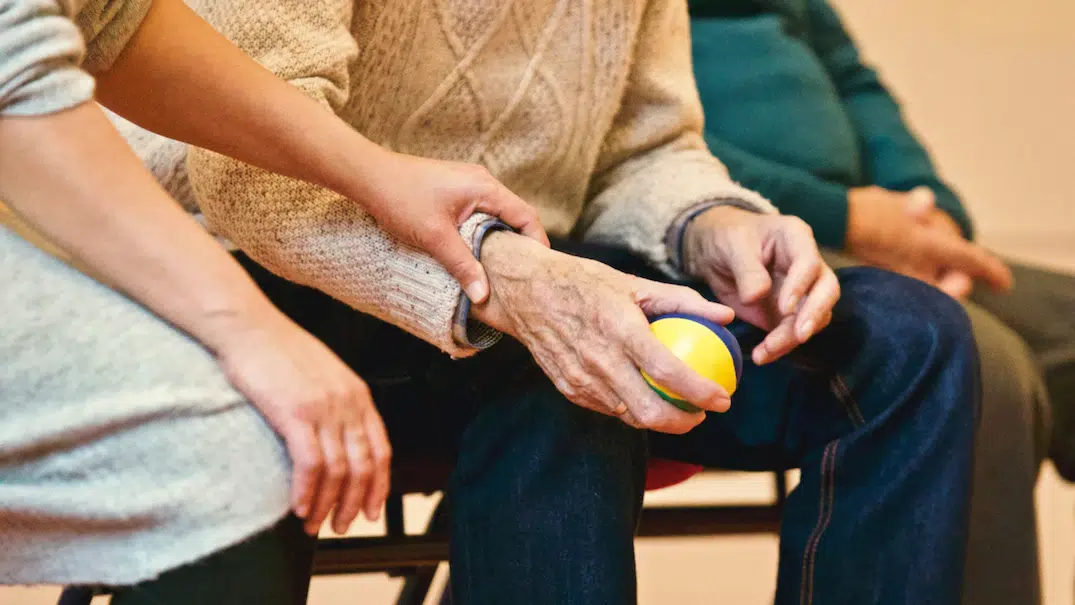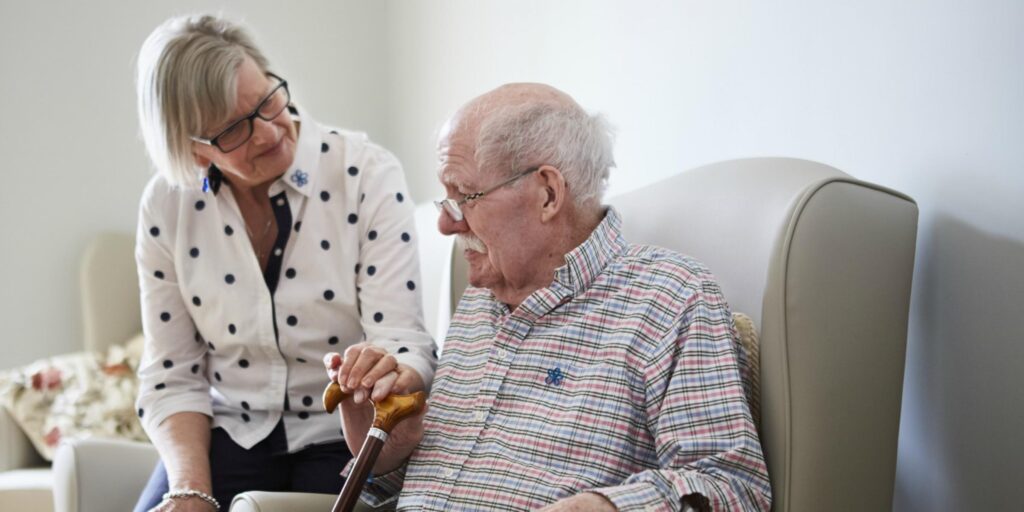Like everyone, the elderly have their good and bad days, but there can be no doubt that the last 18 months have been particularly challenging for the elderly and their families, during this global pandemic. Mood swings stemming from frustration, lack of communication, poor health, stress, pain and lack of privacy or dignity can easily lead to your elderly loved one taking their frustrations out on those closest to them.
As we age our individual character traits can magnify. Someone that was short tempered in their younger days can be prone to full on bouts of rage in their old age. Unfortunately, family members are often the target of these outbursts. Whilst there is no simple solution in dealing with this type of behaviour, we can offer some suggestions that may help.
Handling Anger Outbursts
Whilst it may seem obvious, it needs to be said, don’t take these negative behaviours and anger outbursts personally. Pain and stress can cause us to act in inappropriate ways, and in hindsight regret. It’s important to share the load of caregiving with other family members and friends, if that is possible. Also, make it a priority to take a break if you are a sole carer.
Communication is key and sometimes you have to continually reinforce the message because your elderly loved one is forgetful, or struggles to process the information you share. If your parents seem increasingly frustrated, anxious or otherwise emotionally disturbed, it’s your responsibility to find out why and assist them to fix that. Try broaching the subject when they are in a pleasant mood and warming them to the conversation with alluding questions. This may take a couple of visits before you succeed or make any headway.
Cursing and Abusive Language
Verbal abusive and harsh language can be detrimental to all involved, especially when things are said in the heat of the moment. If your loved one suffers from Dementia, profanities can be out of character and part of the effects of the disease. To mitigate excessive swearing and anger try using distractions such as diverting attention and bringing up a subject about happier times. Easier said than done, but worth trying!
Physical and Emotional Abuse
Many elderly are unaware that their behaviour is abusive and that makes a solution difficult. If you have tried communicating with a heart-to-heart conversation and that hasn’t worked you need to look at having a short break from providing care. There are respite options at many homes including our homes at Homestyle. You could also look at consulting a professional family counsellor or outsourcing to professional in-home care for help and assistance.
Paranoia and Hallucinations
If your loved one is suffering from paranoia or hallucinations then you need to seek help from a medical professional to diagnose any possible serious mental disorder, or again this could be a symptom of their dementia. If this is the case, the best solution to the problem of paranoid behaviour is to try and use relaxation and validation to help your loved one cope. Medication may help or need to be altered.
Dealing with angry and emotional parents requires a lot of patience and empathy. Whilst difficult and frustrating, communication and persistence can go a long way in achieving a much more stress free, healthier and happier environment for all.
If you would like to know more about our homes or respite options, please call us on 1300 104 663 or contact us here.








